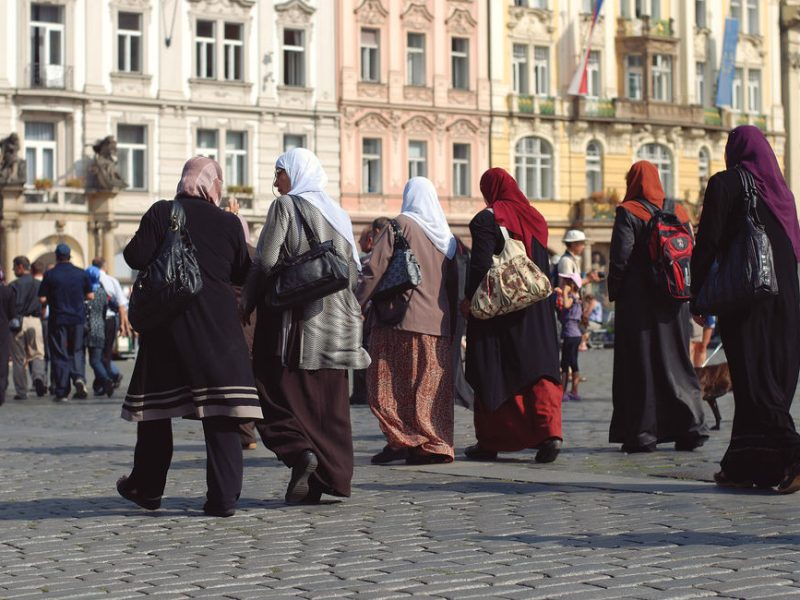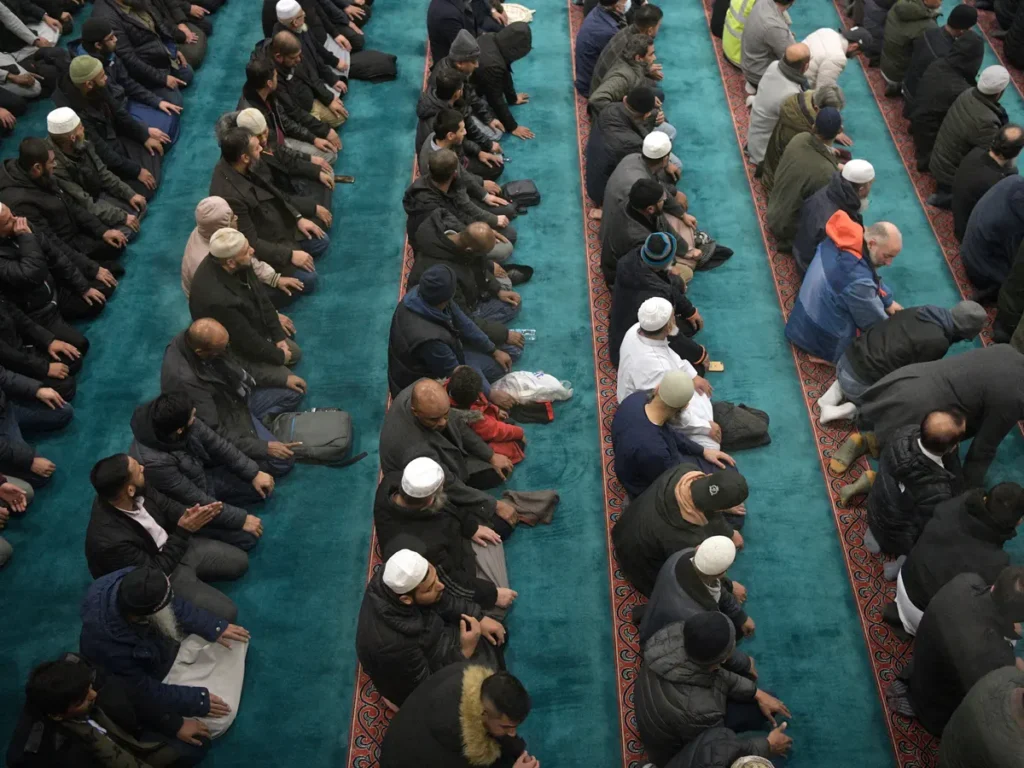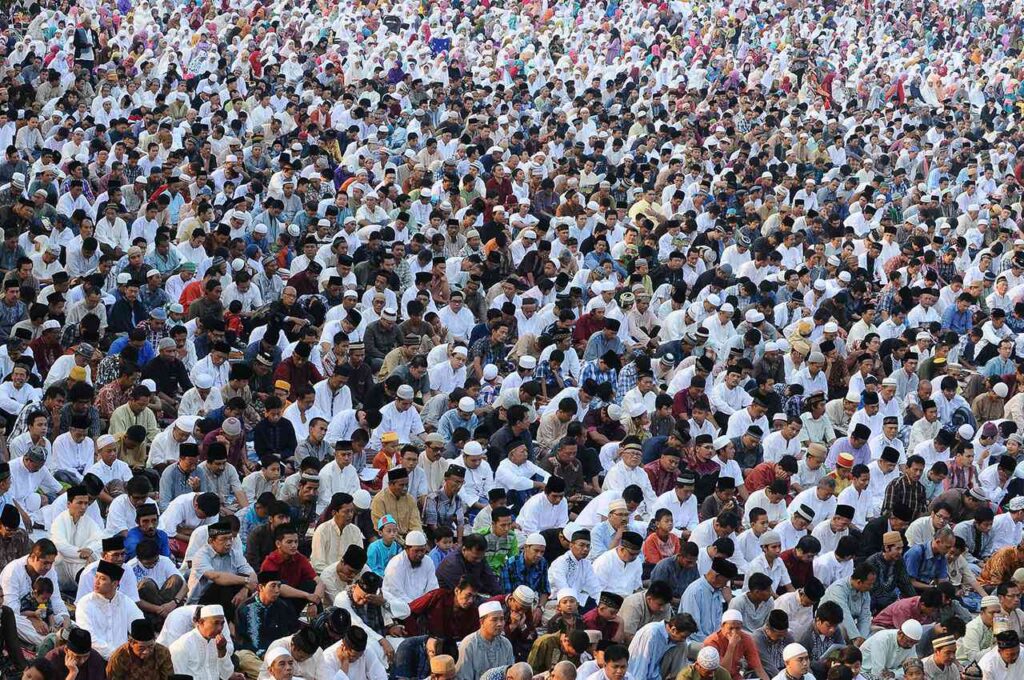
Over the past few years, Europe has seen an unprecedented surge of asylum seekers escaping conflicts in places like Syria and other predominantly Muslim nations. This influx of migrants from Muslim backgrounds has sparked discussions regarding immigration policies and security measures across several countries. It has also triggered inquiries about the present and potential future Muslim population in Europe.Muslim community in Europe is estimated to be approx 30 million, constituting approx 5% of the total population. This marks a significant increase from 2010, the muslim population has grown aprox 10 million.
Origins of Muslim Refugees
Following Syria, the primary origins of recent refugees arriving in Europe are Afghanistan, accounting for 180,000 individuals, and Iraq, with 150,000. Once more, the vast majority of migrants from these nations sought refuge due to conflicts, with overwhelmingly large percentages being Muslims from both regions.
Embracing Of Significant Refugees by European Countries
Nations that have welcomed significant numbers of Muslim refugees in recent times are anticipated to witness substantial shifts in the high migration scenario, the only one foreseeing a sustained influx of these refugees in the future.
Germany
Germany, with a Muslim population of 6% in 2016, would potentially reach approximately 20% Muslim by 2050 in the high scenario.

Sweden
Sweden also embraced a substantial number of refugees, would witness more profound consequences if the migration rates observed from 2014 to mid-2016 were to persist indefinitely. In the high scenario, Sweden’s population, which was 8% Muslim in 2016, might escalate to 31% Muslim by 2050.

UK
The UK saw relatively fewer recent immigrants seeking refuge (60,000) but accommodated over 1.5 million regular migrants in recent years. Approximately 43% of all migrants to the UK between mid-2010 and mid-2016 identified as Muslims.

Zero Migration
Should all migration into Europe cease abruptly and permanently—a scenario termed as “zero migration”—the Muslim community’s share of Europe’s population is projected to increase from the current 5% to 14% by 2050. This projection is attributed to the fact that Muslims, on average, are younger (by approximately 13 years) and exhibit higher fertility rates (approximately one child more per woman) compared to other European demographics.
Likelihood Of European Country Becoming Muslim Majority
Based on present migration status, acceptance of Islam by natives of Europe and studies carried out by various organisations following will be likely timelines:
France – 2135
Greece – 2135
Belgium – 2140
Bulgaria – 2140
Italy – 2175
UK – 2180
Switzerland – 2195
Effects
The burgeoning Muslim population has significantly reshaped Europe across social, political, and economic dimensions. Socially, the Muslim community exhibits a greater sense of communal ties compared to the Christian community, which demonstrates more fragmentation concerning churches, beliefs, and practices. Muslims maintain strong connections to their beliefs and origins, often maintaining ties with their countries of origin if they are migrants.
Politically, the Muslim community tends to encompass a higher proportion of left-wing voters, aligning with leftist political parties that typically advocate for the integration of Muslim migrants into European society.
Shifting the focus of foreign policy in Europe will eventually reveal the prominence of the Muslim factor primarily within domestic spheres. The influence of Muslims in European societies hinges on their significant participation in electoral processes, their integration into daily political life by political parties, their economic contributions, and the level of social mobility they attain. However, in the short term, the impact of the Muslim factor could be most noticeable in foreign policy circles for several reasons.

Europe’s Muslim population tends to react more promptly and passionately to international developments, particularly those endangering the universal Muslim community (umma) or involving Islamic territories (dar al-Islam) such as the Israeli-Palestinian conflict, Iraq, and Bosnia. This contrasts with their response to domestic issues like employment and education. Notably, events like the massive mid-February 2003 London demonstration, backed by the Muslim Association of Britain and the Stop the War Coalition, with around a million participants, voiced opposition to the Iraq war and advocated for Palestinian freedom.